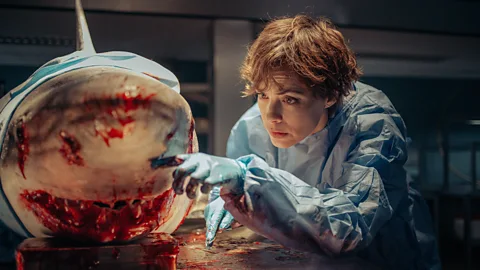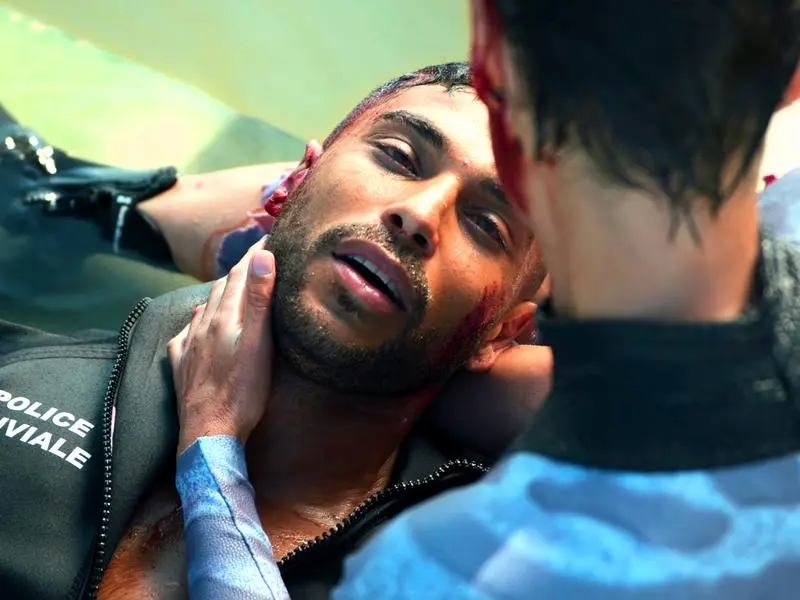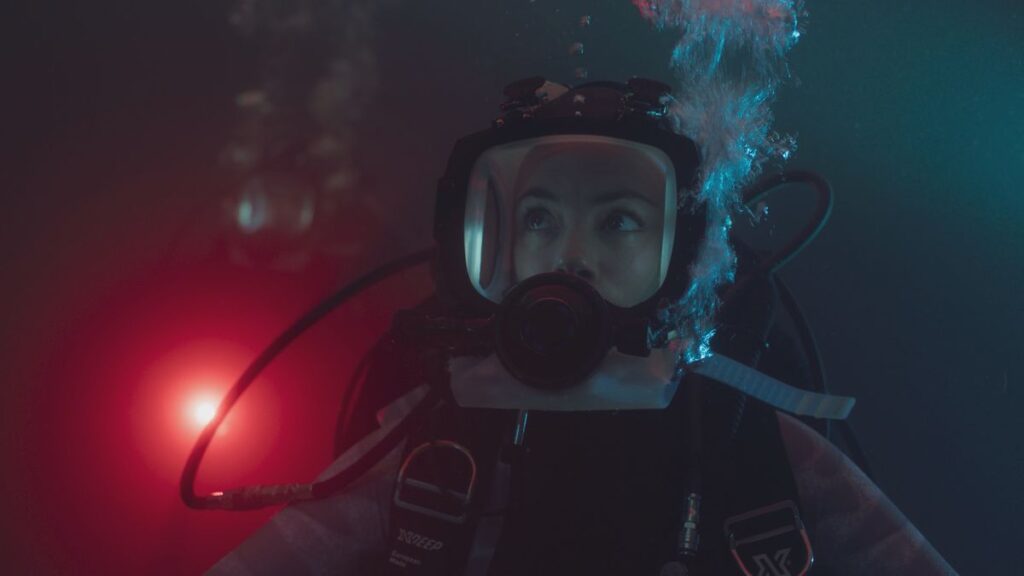Unearthing Humanity’s Depths: Exploring “Under Paris”
In the heart of the City of Light lies a labyrinthine world, hidden from the bustle of tourists and the glare of streetlights. “Under Paris,” a cinematic gem directed by François Guillou, delves into this enigmatic realm, weaving a tale that transcends the confines of conventional storytelling. Set against the backdrop of the underground catacombs and tunnels beneath Paris, the film takes audiences on a journey into the depths of human emotion, exploring themes of isolation, resilience, and the enduring human spirit.

At its core, “Under Paris” is a character-driven narrative, focusing on the lives of individuals who have chosen to dwell in the subterranean recesses of the city. The protagonist, Julien, portrayed with haunting intensity by acclaimed actor Louis Lefebvre, is a man haunted by his past, seeking solace in the darkness that envelops him. Through Julien’s eyes, we are introduced to a diverse cast of characters—fellow denizens of the underground, each grappling with their own demons and desires.
The film’s masterful cinematography captures the eerie beauty of the catacombs, bathed in the soft glow of flickering torches and punctuated by shadows that seem to dance with a life of their own. Guillou’s meticulous attention to detail immerses viewers in this subterranean world, evoking a sense of claustrophobia and awe in equal measure. Every frame is imbued with a sense of foreboding, as though the very walls of the catacombs are whispering secrets long forgotten.

Yet, amidst the darkness, “Under Paris” offers glimpses of light and hope. Through the interactions of its characters, the film explores the bonds that unite us as human beings, transcending barriers of language and background. There is a profound sense of camaraderie among the inhabitants of the underground, a shared understanding born of their common struggle to survive in a world that has cast them aside.
One of the film’s most compelling aspects is its exploration of the concept of home. For Julien and his fellow dwellers of the catacombs, the underground tunnels are more than just a place of refuge—they are a sanctuary, a haven where they can be themselves without fear of judgment or rejection. In this subterranean realm, they have forged a community bound by mutual respect and solidarity, a stark contrast to the superficiality and alienation of the world above.

As the narrative unfolds, “Under Paris” confronts its characters with a series of challenges and revelations, forcing them to confront their deepest fears and desires. Julien, in particular, undergoes a profound transformation, as he grapples with the ghosts of his past and embarks on a journey of self-discovery. Through his eyes, we witness the resilience of the human spirit, as he confronts adversity with courage and determination.
Ultimately, “Under Paris” is a testament to the power of cinema to illuminate the hidden recesses of the human soul. Through its evocative storytelling and mesmerizing visuals, the film invites audiences to embark on a journey of introspection and empathy, challenging them to confront their own preconceptions and biases. In the darkness of the catacombs, we find echoes of our own struggles and aspirations, reminding us of the universal truths that bind us together as human beings.

As the credits roll and the lights come up, “Under Paris” lingers in the mind long after the final frame fades from view. It is a film that defies easy categorization, transcending genre conventions to offer a deeply immersive and profoundly moving cinematic experience. In its exploration of the human condition, it reminds us of the fragility and resilience of the human spirit, and the enduring power of hope to light even the darkest of paths.










